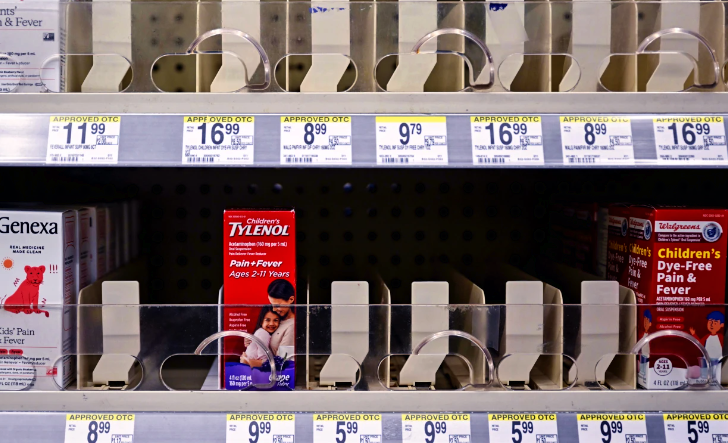US Senate Report: Growing Drug Shortages Pose National Security Risk
A report released Wednesday from the US Senate Committee on Homeland Security and Governmental Affairs found that national drug shortages have increased in frequency and duration because of over-dependence on countries like China and India — thus posing a national security risk.

Facts
- A report released Wednesday from the US Senate Committee on Homeland Security and Governmental Affairs found that national drug shortages have increased in frequency and duration because of over-dependence on countries like China and India — thus posing a national security risk.1
- Between 2021 and 2022, new drug shortages increased by nearly 30%, with committee chairman Gary Peters (D-Mich.) saying shortages reached "a peak 295 individual drugs in shortage at the end of 2022."2
- The average shortage reportedly lasts 1.5 years, though more than 15 critical medicines have been in shortage for more than a decade. These medications include those that treat cancer, asthma, pain, and children’s cold and flu illnesses.3
- Injectable medicines, such as intravenous ("IV") solution, are more than twice as likely to experience shortages compared with oral or topical medications, with nearly a third of the critical medications experiencing a shortage being antibiotics.3
- From 2010-2015, the number of Chinese-based active pharmaceutical ingredient manufacturers that are registered with the US Food and Drug Admin. (FDA) jumped from 188 to 445, though the majority of these ingredients come from India.1
- Also, 90-95% of generic sterile injectable drugs rely on starting material from China and India, leading the report to recommend more federal investment in domestic manufacturing of drugs that are in short supply and that Congress require federal agencies to conduct supply chain risk assessments.4
Sources: 1The Hill, 2NBC, 3Huffington Post, and 4UPI.
Narratives
- Pro-establishment narrative, as provided by Endpoints News. Congress is finally taking the drug shortage seriously and seeking solutions for it. Moving forward, it will seek to onshore production to the US, diversify where medical supplies come from, and provide incentives for manufacturers to produce less-profitable drugs. Establishing an early-warning system for shortages, and investing in advanced manufacturing technologies will also help the US tackle this problem.
- Establishment-critical narrative, as provided by Archive. Politicians have had multiple opportunities to cut ties with China and bring drug manufacturing back home, but they’re beholden to their corporate donors, who favor the status quo and offshoring harmful to the US economy. This crisis is another reason why domestic re-industrialization — including biotech supply chains — needs to be central to addressing an issue like this.






